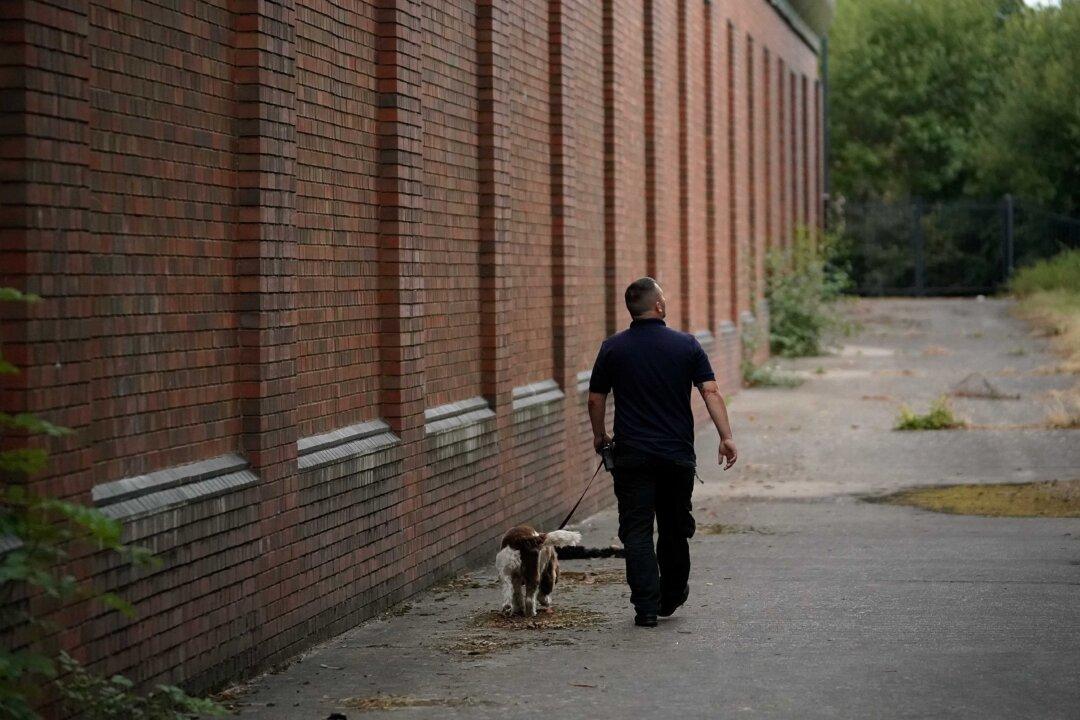The number of drug overdoses recorded in British jails has risen, the prisons minister has revealed.
Almost 2,400 incidents of prisoners overdosing on illicit or prescription substances were recorded in 2022—up from 2,273 the year prior.

The number of drug overdoses recorded in British jails has risen, the prisons minister has revealed.
Almost 2,400 incidents of prisoners overdosing on illicit or prescription substances were recorded in 2022—up from 2,273 the year prior.